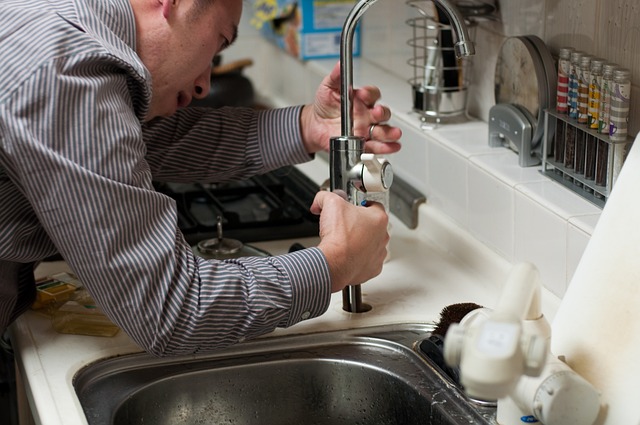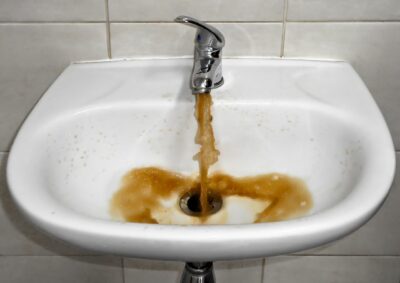Sewage backups are the last thing you want to experience in your home. They’re unsanitary, costly to clean up, and can cause serious health problems for you and your family.
Thankfully, backwater valves can help protect your home from sewage backups and flooding by keeping raw sewage out of your pipes. Let’s take a closer look at how these valves work and why they’re so important.
Prevents Flooding
The main function of a backwater valve is to prevent water and sewage from flowing in the wrong direction into your home. It is especially important if you live in an area that experiences high rainfall or occasional flash floods.
The backwater valve needs to have a cleanout so that you can visually inspect the valve and perform maintenance on it if necessary. It can be done by flushing out the valve with a hose or using a long-handled brush to remove any debris that may have built up over time.
Typically, a plumber from https://ipsplumbingproducts.com/brands/aba/backwater-valves/ will install the backwater valve under the basement floor, attached to the main sewer line close to where it leaves your home. It requires an access hole cut into the concrete basement floor and soil and dirt excavated.
The best way to keep your backwater valve working properly is to maintain it regularly. It includes cleaning out the flap and cleaning out the cleanout cap. It will help the valve last longer and ensure you’re getting the most value for your money.
Prevents Sewage Backups
A backwater valve is a device that prevents sewer backups in your home. During heavy rains and other events that cause sewer lines to back up, the backwater valve will prevent city sewage from flowing into your home through toilets, sinks, showers, and bathtubs.
There are several different types of backwater valves that can be installed to help prevent backups. Some of them are more effective than others.
A Backwater Valve has a protective flap and a cleanout that allows access for cleaning and maintenance. In the event of a backup, the flap will flip up and close the pipe’s entrance to keep sewage from entering your house.
Some backwater valves use floaters to open and close the flap automatically, whereas other devices have blades that must be opened manually.
If you are considering installing a backwater valve, it is best to hire a professional plumber. A quality plumber will ensure the valve is installed correctly and the system works well.
Sewage backups can be a serious problem for homeowners, especially in older homes. Unlike modern plastic pipes, older sewer lines are often made of cast iron or clay and can easily break down. A backwater valve may be the only way to prevent sewage from backing up into your basement drains.
Prevents Water Damage
Backwater Valves are a simple but effective way to protect your home from water damage. They work by preventing sewers from backwashing into your basement plumbing, which can cause severe and costly problems.
They are a great addition to any home, especially in areas that experience heavy rainfall and snowstorms. Many municipalities also offer incentives to encourage homeowners to install them.
Keeping your home safe from water damage is a priority for any homeowner. You want to avoid dealing with the hassle of dealing with repairs or replacements after a flood or sewage backup occurs.
Another thing you can do to prevent water damage, you can also make sure your windows and doors are in good working condition. Having water-tight windows and doors is an important part of preventing sewage from backing up into your home and can protect you from extensive repairs down the road.
To get the most benefit out of your backwater valve, you should have it installed by a professional. You should also follow the manufacturer’s instructions for maintenance and cleaning.
Prevents Mold
A properly installed Backwater Valve is one of the best ways to protect your home from sewer backups. These valves shut down a sewer line when a specific level of water is detected. It will prevent sewage from backing up into your basement, causing floods and structural damage to your home.
It is also an effective way to prevent mold from growing in your home. Sewage is known to produce a lot of humidity, and when this is combined with the moisture from your floors, walls, and ceiling, it can create an ideal environment for mold to grow.
The correct size will depend on the type of Backwater Valve you are installing and your local municipal code requirements. Be sure to install the right valve for your needs, as this will not only save you from costly repairs in the future but will also be a huge step in preventing flooding and sewer backups from occurring in the first place.
In addition to the backwater mentioned above the valve, install an effective sump pump. It will help to keep your basement dry and protect your valuables from flooding.









